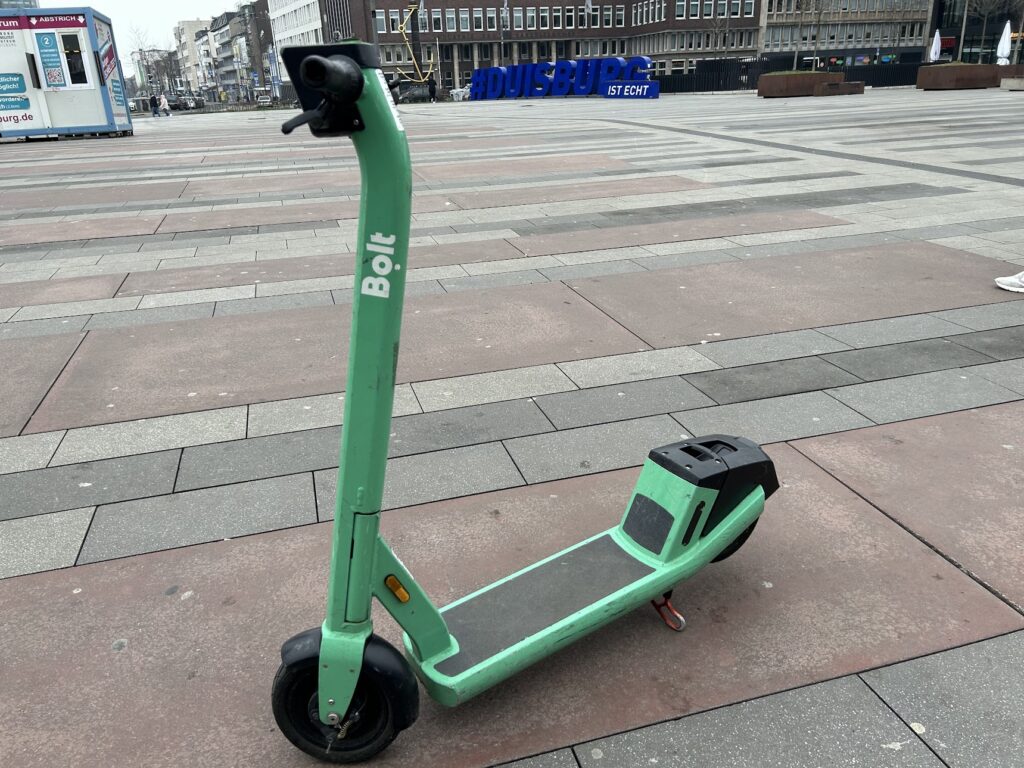You see them more and more in the streets: electric scooters. At the moment, most electric scooters are not legal in the Netherlands.
The Ministry of Infrastructure and Water Management is currently working on a bill that will make light electric vehicles (LEVs), such as e-scooters, legal. Anyone who now whizzes on public roads with an e-step risks a fine of 280 euros and a confiscation of the scooter. Now cities are preparing for the possible arrival of the e-scooters.
You are only allowed on the road when the scooter has been designated as a special moped by the Ministry of Infrastructure and Water Management and the RDW.
In the meantime, the police are seeing more and more e-scooters driving and are also handing out fines more often. Still mopping with the tap open. Young people in particular swear by the means of transport for shorter distances because it is simply very easy and convenient. The lack of regulation and the associated risks do not stop most young people from riding an e-scooter.

Despite young people already embracing e-steps en masse, alderman Van der Horst probably wants to ban the dreaded e-steps in her city of Amsterdam, in contrast to cities such as Lille, Berlin, Paris and Rome. Other cities are also grumbling about the arrival. A spokesperson for the municipality of The Hague told BNR that the shared scooters there 'in any case will not take to the streets'.
An electric scooter is also called an e-step. Providers such as Lime, Tier and Bolt may also be able to offer their two-wheelers in the Netherlands from 2025. An electric scooter does not go faster than 25 kilometers per hour and belongs to the special mopeds. If the e-step has not been approved, it is not allowed on public roads and you run the risk that it will be confiscated.



